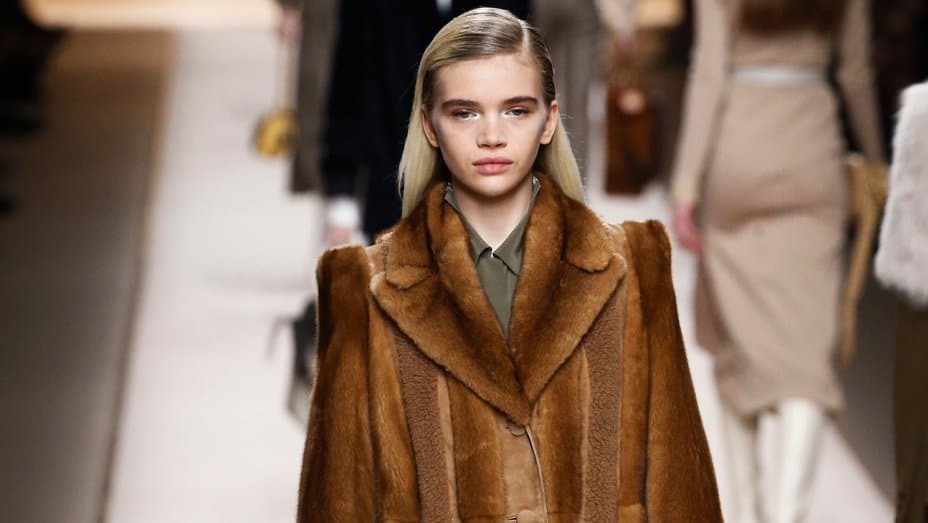
Will cities join the growing fur-free movement by luxury fashion brands?
San Francisco supervisors on Tuesday voted unanimously to ban the sale of fur, becoming the largest city in the U.S. to do so and sending a heartening message to animal advocates around the world. The fur ban goes into effect Jan. 1, 2019, and applies to coats and anything else featuring real fur, including key chains and gloves. A late amendment allows furriers and other retailers to sell current inventory until Jan. 1, 2020.
“I hope that it inspires other cities and the country to take action. Certainly we need better federal regulations on fur farming,” said Katy Tang, the supervisor pushing the legislation, who describes herself as avid animal lover. “There’s no humane way to raise an animal to peel its skin off.”
Retailers said it was another social mandate at the cost of their business.
“It should be a citywide public vote; it shouldn’t be decided by the Board of Supervisors,” said Skip Pas, chief executive officer of West Coast Leather.
San Francisco has a reputation for a strong social conscience, often at a cost to businesses. Its board banned the sale of menthol cigarettes and other flavored tobacco, which voters will consider in June, and prohibited performances by exotic animals. In 2016, San Francisco approved what was then a groundbreaking paid parental leave law, requiring private employers to offer six weeks of fully paid leave.
Some of the tourists who pack downtown San Francisco hotels shop at upscale department stores in Union Square, such as Neiman Marcus and Saks Fifth Avenue, both of which feature fur salons. Larger stores may have an easier time adapting, but smaller businesses might find it more challenging.
Benjamin Lin, 72, owns one of those small businesses. The showroom at B.B. Hawk in the South of Market neighborhood features chinchilla, sable, fox and Blackglama mink. Lin is working on restoring a 60-year-old jacket made of cheetah. He is considering keeping his current location but selling fur at a smaller place nearby, outside San Francisco.
“I cannot fight it,” he said of the ban. “I will not win. I do not have the energy and the money.”
About 50 clothing and accessory retailers will be affected by the legislation, said Jim Lazarus, senior vp public policy at the San Francisco Chamber of Commerce. The chamber estimates San Francisco fur sales account for at least $40 million a year. The city’s Office of Economic Analysis estimated fur sales at $11 million in 2012, based on census figures. The city says that even if sales numbers are much higher than its estimate, a prohibition is unlikely to significantly harm the overall local economy.
The proposal would allow the resale of vintage and used fur, but only by outlets not usually in the business of trading fur, such as secondhand stores, pawn shops and nonprofits. Items with fur taken from animals trapped under a state license can be sold.
San Francisco joins two other California cities, West Hollywood and Berkeley, in saying no to a glamour symbol that animal advocates argue is built on cruelty and does not reflect the city’s values.
The move comes at a time when the fashion industry is moving away from fur like never before. Versace and Furla are the most recent luxury brands to announce that they are going fur-free, following similar moves by Michael Kors, Gucci, Jimmy Choo, Calvin Klein, Ralph Lauren, Tommy Hilfiger, Armani, Stella McCartney, Vivienne Westwood and retailers such as Selfridges and Net-a-Porter. Among the brands still showing fur: Fendi, Louis Vuitton, Saint Laurent, Dior, Tory Burch and Chanel.